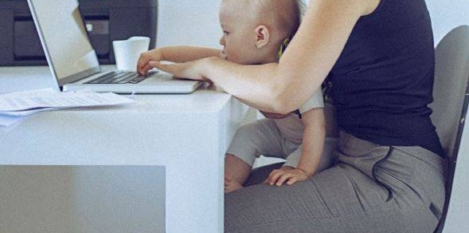February 29, 2016
UK firms held back by government’s mediocre broadband targets 0
 British companies are growing increasingly exasperated by the UK Government’s failure to provide a world class Broadband infrastructure, according to a new report from the Institute of Directors which will be published later today. According to the report, Ultrafast Britain, the UK is lagging behind many other countries, yet the Government continues to display a ‘poverty of ambition’ on the matter. The report suggests that the commitment to offer 95 percent coverage of ‘superfast’ broadband to the UK by next year is woefully inadequate and the target instead should be to offer speeds of 10 gigabits per second by 2030, around a thousand times faster than the current official target of 10 megabits per second by 2020. Last week the IoD joined those criticising the feeble management of telecoms regulator Ofcom on the issue, calling for the break-up of monopoly broadband infrastructure provider BT Openreach.
British companies are growing increasingly exasperated by the UK Government’s failure to provide a world class Broadband infrastructure, according to a new report from the Institute of Directors which will be published later today. According to the report, Ultrafast Britain, the UK is lagging behind many other countries, yet the Government continues to display a ‘poverty of ambition’ on the matter. The report suggests that the commitment to offer 95 percent coverage of ‘superfast’ broadband to the UK by next year is woefully inadequate and the target instead should be to offer speeds of 10 gigabits per second by 2030, around a thousand times faster than the current official target of 10 megabits per second by 2020. Last week the IoD joined those criticising the feeble management of telecoms regulator Ofcom on the issue, calling for the break-up of monopoly broadband infrastructure provider BT Openreach.



































February 17, 2016
The workplace is not just about the play, but the stage too 0
by Darren Bilsborough • Comment, Flexible working, Technology, Workplace design
(more…)